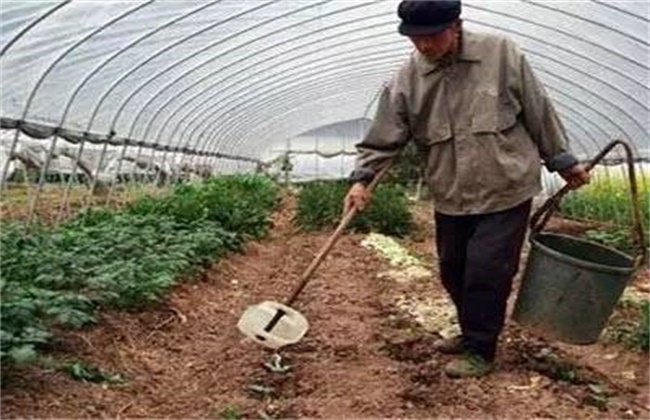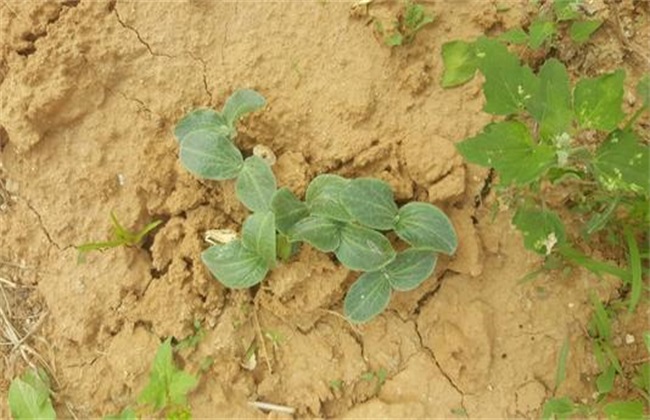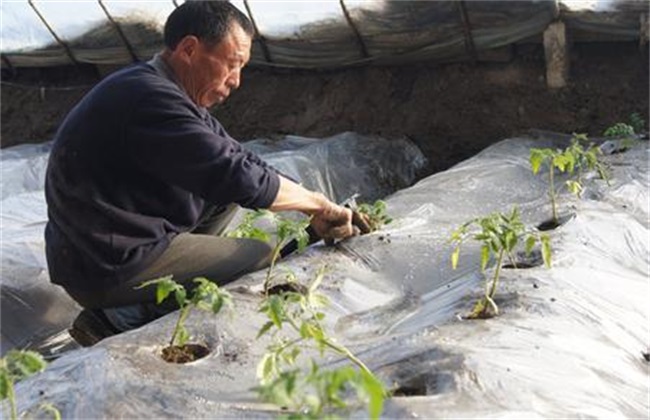Matters needing attention for fertilization of vegetables in greenhouse in winter
Out-of-season vegetable cultivation can be carried out through greenhouse technology, so that we can eat fresh vegetables in cold winter, and fertilization is an important work when growing greenhouse vegetables in winter. Many farmers often cause soil hardening, root retting, plant wilting and other phenomena caused by improper fertilization, which seriously affect the plant income, so how to fertilize vegetables in greenhouse in winter? Let's get to know it with the editor.

1. The combination of organic fertilizer and inorganic fertilizer
Many farmers apply fertilizer mainly by chemical fertilizer, which is easy to reduce the soil temperature, and the chemical fertilizer is mainly ammonium nitrate, urea and other nitrogen fertilizer, which can make vegetables grow well in the short term, but it is lack of long-term effect, and the plant is prone to premature senescence. There are also some fertilizer cake fertilizer and diammonium phosphate-based, but the effect is often relatively poor, because cake fertilizer takes a period of time to ferment to volatilize its fertilizer effect, often miss the peak period of vegetable fertilizer. Therefore, it is suggested that the combination of organic fertilizer and inorganic fertilizer can meet the demand of fertilizer in the growth stage of vegetables.
2. The combination of topdressing and flushing fertilizer
In the selection of fertilizer, it is suggested to choose multi-component compound fertilizer and adopt the combination of topdressing and flushing fertilizer, which can solve the problem of fertilizer demand of soil surface root system on the one hand, activate the soil layer and increase the elongation area of root system on the other hand. Supplement the nutrients needed by the plant.
3. The combination of biological fertilizer and chemical fertilizer
Biological fertilizer contains more than ten kinds of beneficial bacteria, which can activate soil, regulate nutrients, and the use of chemical fertilizer can effectively cause seasonal fertilizer damage, increase the content of soil organic matter and promote root development. it is one of the best fertilizers to realize balanced fertilization for vegetables in greenhouse. The air temperature and ground temperature are relatively low in winter, the general compound fertilizer will further reduce the water temperature after melting, and the soil temperature will be further reduced after irrigation, which will cause harm to the root system of vegetables. And the utilization rate of compound fertilizer is low, so water-soluble fertilizer and microbial fertilizer should be used as the main fertilizer when topdressing in winter.
4. the combination of underground topdressing and foliar fertilizer.
The temperature in the greenhouse is low in winter. in order to achieve high yield, the greenhouse vegetables should be fertilized by the combination of topdressing and flushing fertilizer in addition to applying sufficient base fertilizer. This not only saves time and effort, but also has high fertilizer efficiency, which is beneficial to improve the quality of vegetables. For example, vegetables in the greenhouse are easy to lack calcium, boron, iron, manganese and so on, so they can be sprayed with low concentration of calcium chloride, calcium superphosphate, ferrous sulfate and borax solution.
The above is the winter greenhouse vegetable fertilization points for attention, hope to help you, want to know more related knowledge, please follow us.
Related
- Where is it suitable to grow horseradish in China? it is expected to see the middle altitude horseradish in Alishan.
- How to prevent tomato virus disease reasonably? (Control methods included)
- Many people like to plant towel gourd on the balcony. What are the main points of this method and management?
- What crops can chili peppers be mixed with?
- Fertilization techniques and matters needing attention in Tomato
- What are the grafting techniques for peach seedlings in spring?
- Harm and control methods of root swelling disease of Chinese cabbage
- What are the pests of sweet potatoes? How to prevent and cure it?
- Symptoms, causes and Control methods of navel Rot in Tomato
- The cause of "Cucumber rotten bibcock" in Farmers' planting Cucumber and its Control Plan



